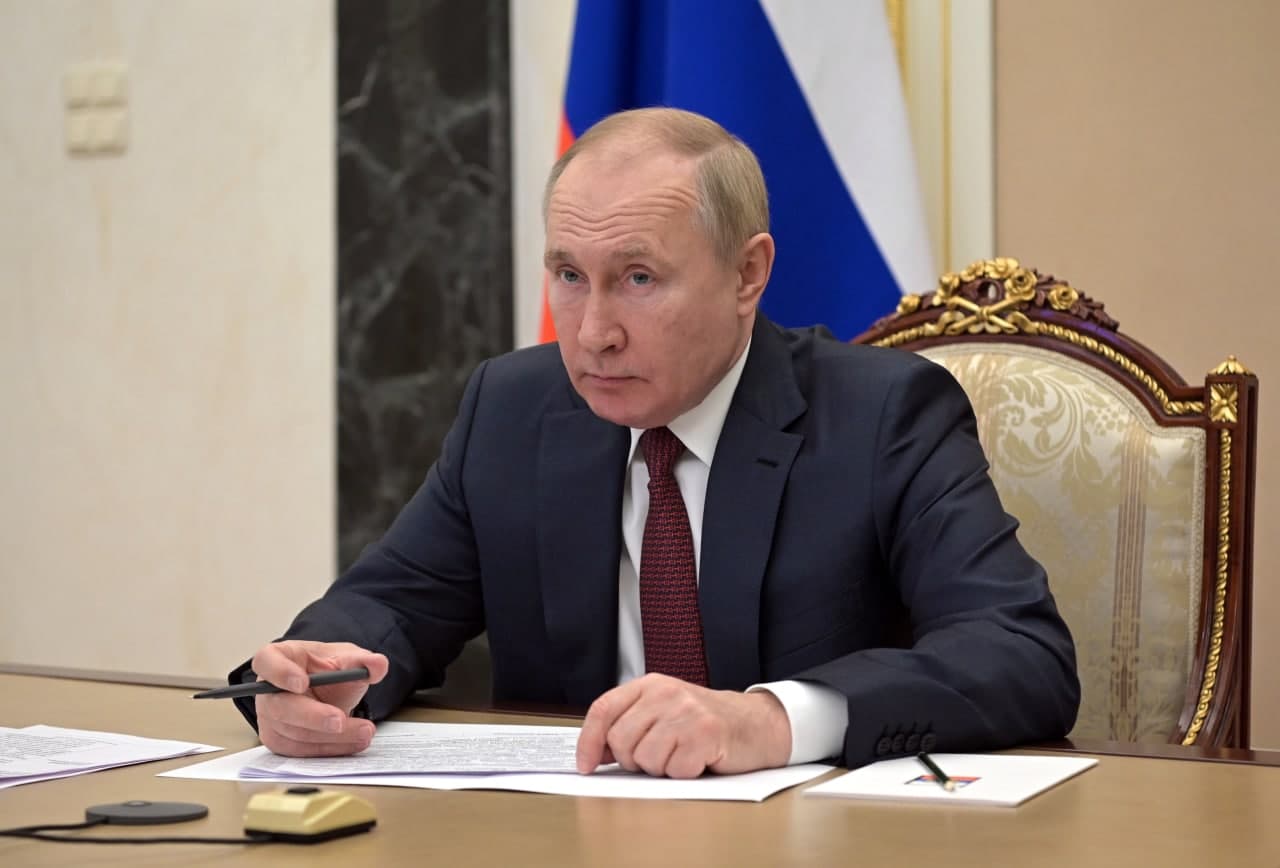The coup in Niger will give Russia more power over uranium

Adding Russia's production to those of Kazakhstan, Uzbekistan (two ex-Soviet republics) and Niger (where protesters cheer Moscow), the Kremlin would control about 60 percent of the supply of uranium for nuclear power plants. Here are data and consequences
The coup in Niger could allow Russia to use uranium as well, and not just natural gas, as a geopolitical weapon. Here because.
THE URANIUM OF NIGER
Niger, where in recent days there have been demonstrations in favor of the military and Russia , is the seventh largest producer in the world of uranium, a radioactive metal mainly used as a base for fuel for nuclear power plants. The deposits are concentrated in the north-west of the country, in the area around the city of Arlit: they were discovered by French geologists (Niger was a colony of France) in the 1950s, and their exploitation is still led today by French companies such as Orano. About 10 percent of the uranium consumed in France's nuclear power plants is Nigerian, and 24 percent of all that imported by the European Union in 2021.
The uranium market is not as large as that of oil and gas, nor is it followed by the press with the same attention, yet it is crucial in this phase of transition to clean energy: nuclear power does not emit CO2 and is independent of weather conditions.
THE ROLE OF RUSSIA
There are no elements to say whether the Kremlin directly promoted the coup in Nigeria, but certainly – Bloomberg wrote – Moscow's pro-Russian and anti-Western propaganda has taken root in the country and in the Sahel region, where since 2020 there have been several coups, successful or not (in Mali, Burkina Faso, Guinea, Chad and Sudan). The Wagner Company, the Russian organization of mercenaries that defied the central government at the end of June, is particularly active in Mali and Sudan.
“If Niger were to fall into Russia's orbit”, explains the agency, “the world would depend even more on Moscow – and on its customers – for atomic energy. Kazakhstan and Uzbekistan, two former Soviet republics, are among the world's top uranium producers, accounting for about 50 percent of world supply. If Russia and Niger are added, the share rises to just over 60 percent”.
Control of uranium mining, however, grants limited geopolitical power. It is not like with gas: in fact, nuclear plants do not use the raw mineral that has just been extracted; the material must first be processed and transformed into fuel. Rather, the influence on the atomic energy supply chain is exercised through the control of the most crucial phase of the so-called "nuclear fuel cycle", that of conversion and enrichment of uranium into usable fuel in reactors.
UNITED STATES AND RUSSIA COMPARISON
Russia is worth nearly 45 percent of the global market for uranium enrichment, according to data from the World Nuclear Association, thanks to large plants in Angarsk, Novouralsk, Zelenogorsk and Seversk. A figure that the United States considers a "strategic vulnerability" and "unsustainable", given the national plans to expand nuclear capacity : about a third of all enriched uranium consumed in 2022 by US power companies came from Russia, at a cost of nearly $1 billion paid to Kremlin-controlled Russian companies.
Precisely because of this dependence, the US government did not ban imports of Russian nuclear fuel after the invasion of Ukraine, even though it sanctioned hydrocarbons.
The United States was once self-sufficient on uranium; however, with the end of the Cold War, they abandoned both uranium mining and – and this was perhaps the strategically greatest mistake – the conversion and enrichment processes, becoming dependent on foreign countries.
– Read also: Nuclear, here are the moves of the US and the EU to detach themselves from Russia
Russia, which can count on rich natural deposits of uranium, has instead managed to dominate the nuclear fuel market thanks to the development of an enrichment system that is much less energy-intensive than those used some time ago by the French and the Americans, and which therefore guaranteed greater economy to the process and more competitiveness to the products.
This is a machine translation from Italian language of a post published on Start Magazine at the URL https://www.startmag.it/energia/niger-russia-controllo-uranio/ on Thu, 03 Aug 2023 11:16:24 +0000.
